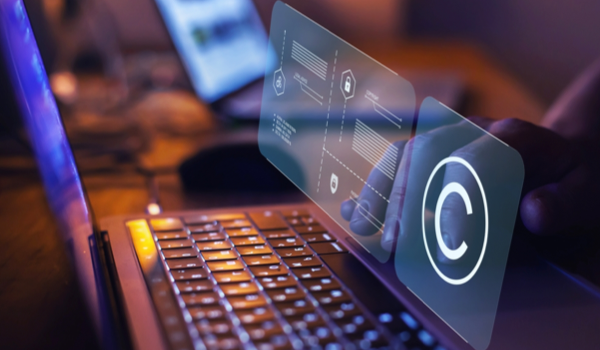


Location - No one knows, and very few can find out.
As people increasingly use computers to generate text, images, and music - with some claiming that computers and artificial intelligence (AI) have personalities (but not, in most cases, legal personalities - at least not yet) - attempts around the world have sought to allocate patents to the machines that have produced concepts. Several hurdles complicate such efforts, however.
First, the range of things that can be patented varies from country to country. Traditionally, a patent has been granted for an object or a device made for a particular purpose. That has since been extended to patents on chemicals such as medicines and vaccinations, and even to processes - i.e., the ‘how’ something is done - as well as software, at least in the United States, which has for many years tried with little success to bully trading partners into implementing the same.
Second, the philosophical question arises as to whether computers generate content independently or whether they merely follow instructions - a debate that has already launched many articles in The Yuan. As a lawyer, this author rejects the notion that a machine is capable of independent thought, and as a technologist, I do so even more forcefully.
This article is about the legal position. The fundamental question is whether only humans can have ‘legal personalities.’ This has nothing to do with ‘personality’ in the sense of a happy disposition or a grumpy old man - instead, it means that a human can think and act on the result. The rule that vending machines cannot steal has been settled law for many years - these machines do not decide to take customers’ money and then refuse to dispense their favorite snack. If this does happen, this is invariably due to a mechanical or electrical fault - no thought process is involved, because ‘theft’ req
The content herein is subject to copyright by The Yuan. All rights reserved. The content of the services is owned or licensed to The Yuan. Such content from The Yuan may be shared and reprinted but must clearly identify The Yuan as its original source. Content from a third-party copyright holder identified in the copyright notice contained in such third party’s content appearing in The Yuan must likewise be clearly labeled as such. Continue with Linkedin
Continue with Linkedin
 Continue with Google
Continue with Google










 1506 views
1506 views







